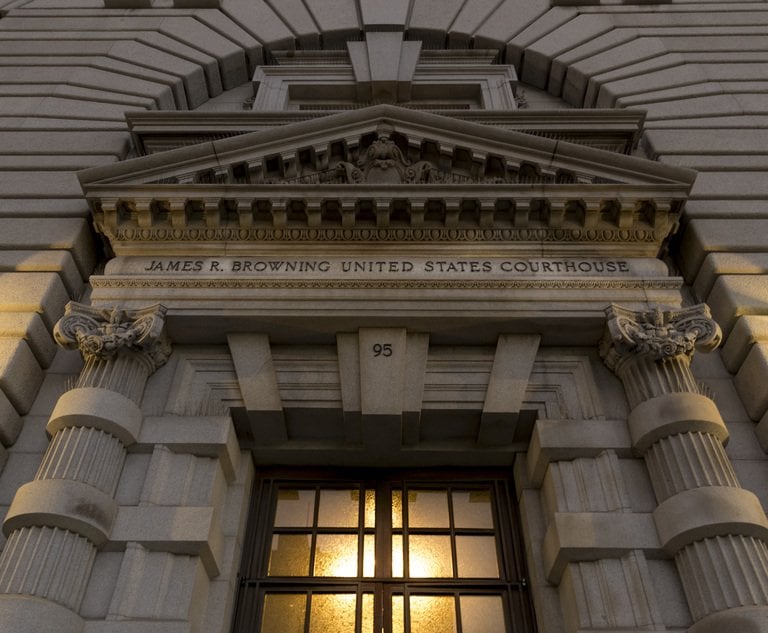The words, “Equal Justice Under Law” are engraved over the main entrance to our Supreme Court, and since the founding of our nation judges and justices have sworn an oath to apply the law without regard to the characteristics or circumstances of people who appear before them. Yet our history is replete with examples of judicial practices to the contrary, such as limiting jury service to white men and refusing to permit or credit equally the testimony of women and non-white witnesses. And, while most such explicit forms of discrimination are behind us, our courts never have been immune to the effects of systemic inequalities in our society.
The reaction to the killing of George Floyd by Minneapolis police officer Derek Chauvin, an incident preserved for all to see in a cellphone video, continues to have profound reverberations. In addition to generating nationwide protests and a remarkable shift in public attitudes about race and policing, the killing has called unprecedented attention to disparities within the criminal justice system and the deep lack of trust and confidence in that system among African Americans.


 U.S. Supreme Court building.
U.S. Supreme Court building.




